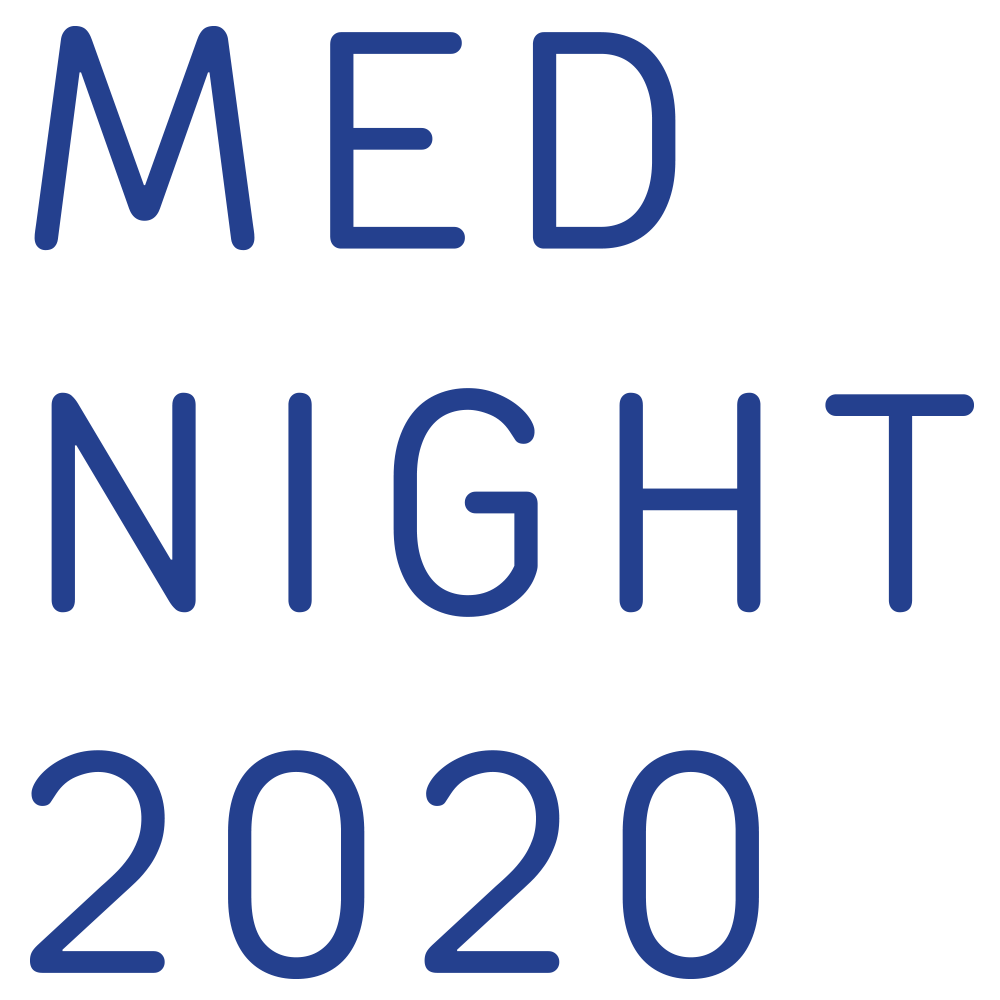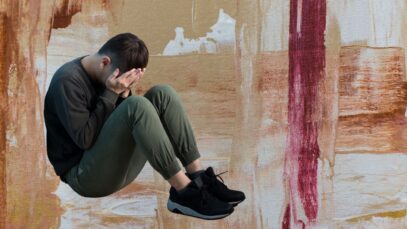
Get to Know your Brain
Can you paint music? What happens to our brain when we get a sugar binge? Why do we feel so excited about football or sad when we see a friend crying? Test your neurones with the UMH CSIC Neuroscience Institute’s mini-talks.
Use Your Brain
Researchers Verónica Moreno and Álvaro Herrero, encourage you to use your brain in the #brainweek.
How our Brain Talks
One of the greatest unknowns of #science over the centuries. How does our #brain talk?
Researcher Elena Pérez Montoya has the answer in #brainweek.
Painting music
Can you paint music? Even if it sounds madness, this question can be answered with neuroscience. If you don’t believe it, researcher Almudena Iñigo Portugués tells you about it in the brain week.
Mirror Neurons and Empathy
Sometimes, for our brain, doing something is the same as seeing another person do it. Could this be the reason why we feel so excited about football or sad when we see a friend cry? Researcher Michael Delicate will explain what mirror #neurones are and how they work in the #brainweek.
Our Brain ‘in Sugar’
Flabs are always the first thing that comes to mind, but what happens to our brain when we get a sugar binge? What if we didn’t have any sugar?Researcher Maria Ángeles Cortés teaches us how your brain ‘in sugar’ behaves.
The brain’s a tremendously complex organ resulting from hundreds of millions of years of evolution. It’s the result of the action of our genes, (action for which those who conceived us would be responsible) and of what our brain’s done since it began to work. Today we are still far from understanding how the functioning of our brain results in what we are… because, ultimately, and don’t get this wrong, we are our brain.
The Institute of Neurosciences organises the 2020 Edition of the Open Days in collaboration with the DANA Alliance for the promotion and dissemination of Central Nervous System basic science, showing visitors where brain research is going and, above all, how this research is carried out.
During these Open Days, the Institute of Neuroscience will set up a multidisciplinary laboratory in which they’ll show different experimental models in order to help visitors understand how the Central Nervous System works. Visitors will have the chance to observe, see and use the machines, techniques and biological systems with which a researcher usually works. These days take place in the San Juan Campus of the Miguel Hernández University of Elche.
The informative talks on the brain and its importance will be conducted by different neuroscience researchers and professionals.
For all audiences. Co-funded by FECYT. Recorded in March 2020.
Did you like these activities? You have many more available, for young and old, in the special ‘Science in your living room’


La “Mednight” nace como fruto de la colaboración de un consorcio de 12 entidades: Universidad Miguel Hernández de Elche, Universidad de Alicante, Universitat de València, Universitat Politècnica de València, Universitat Jaume I, Universidad de Murcia, Universidad Politécnica de Cartagena, Fundación Fisabio, Fundación Séneca – Agencia de Ciencia y Tecnología de la Región de Murcia, INCLIVA y el Consejo Superior de Investigaciones Científicas, bajo la coordinación de El Caleidoscopio y con el patrocinio de la Generalitat Valenciana a través de Fundación de la C.V. para el Fomento de Estudios Superiores (FFES), la Casa Mediterráneo, Las Naves y Distrito Digital de la Comunitat Valenciana.




